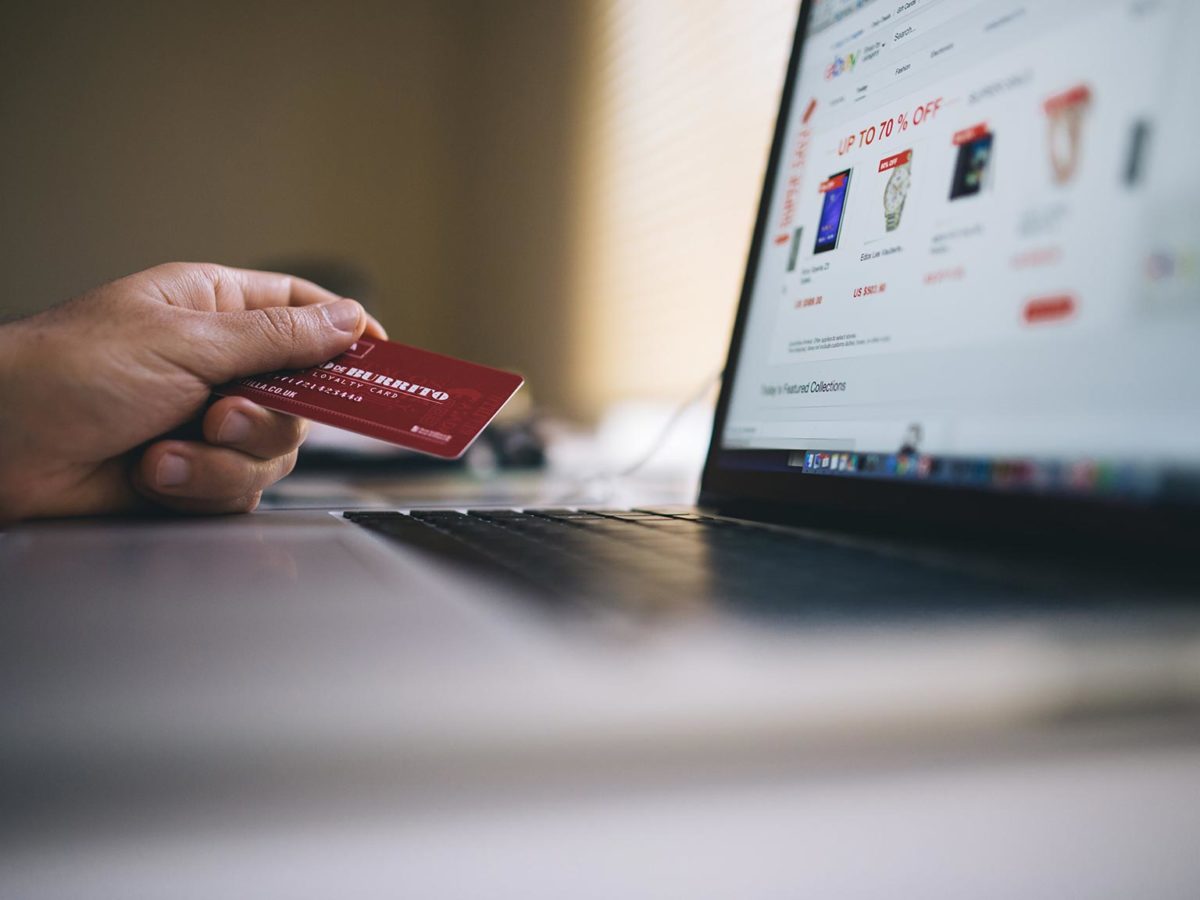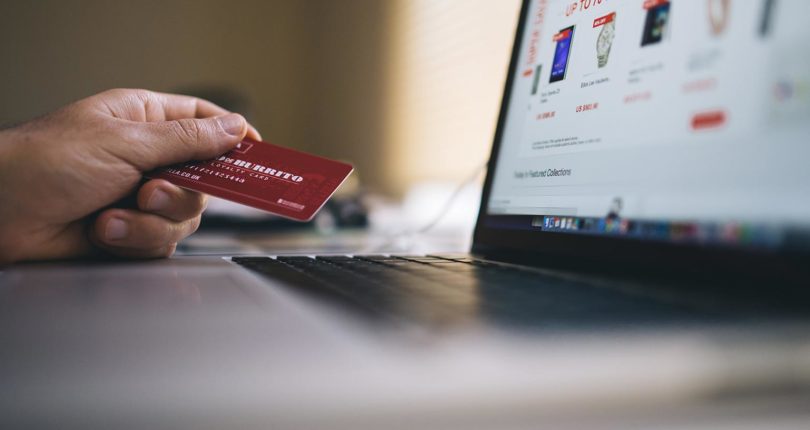Top tips for working securely from home during COVID-19
With so many people still working from home and the Government encouraging even more to do the same, how can you guarantee the security of your business and it’s critical data?…

When the pandemic hit, many businesses and employees were forced to make the switch to remote working. The world went into lockdown, which meant offices were closed and businesses began to adapt to a new normal.
But working from home brings many issues, and they’re not just to do with the productivity of your staff! Instead, many companies are now realising the cybersecurity risk of having a remote workforce.
So, what are the security risks when your company is working from home? We’ve put together our ‘top tips’ on how to stay safe and secure when working from home during COVID-19.
Use strong passwords
It’s extremely important to make sure that all your business accounts are protected with strong passwords. Unfortunately, many people still use the same password for multiple accounts. Understandably, this can put them and their organisation at risk as, once that one password is breached, data can easily be stolen from multiple sources.
Passwords should be unique for every account and, ideally, be made up of a combination of numbers, special characters and both upper and lower case letters. This does make it much harder to remember, but many companies make use of password managers such as Last Pass to securely store details.
Protect workforce devices using antivirus software and firewalls
It may seem like an obvious tip but you’ll be surprised at how many businesses haven’t rolled out an antivirus system across their remote workforce. Companies based in offices will usually have powerful security solutions across all devices that limit employees’ permissions and restrict unauthorised actions/access. At home, however, this is much harder to implement, which could leave you at risk of a data breach or theft.
To keep your company secure, it’s incredibly important that you install a reliable security solution on every device your employees use. And whilst some of the best antivirus software does cost a few pounds, there are free options if your budget doesn’t allow for this… even these will go a long way towards keeping your business virus free!
You should also look into installing firewalls. These act as a line defence to prevent threats from entering your system. Most devices will have an inbuilt firewall that will block malicious programs but it’s very important that you check that they’re enabled.
Ensure everyone is completing program and system updates
One of the most common ways that hackers infiltrate a system is by taking advantage of a vulnerability buried within a system; perhaps something that hasn’t been kept up to date due to people being too lazy to update their software. Remember, updates are there for a reason! Don’t let your business be comprised by vulnerabilities that could’ve been resolved by something as quick and easy as installing an update.
Change your router login and password regularly
If you’re still using the default login and password for your router, change it now! This kind of info is easily searchable on the internet and, once obtained, opens you or your employer up to being attacked by hackers. Skilled cyber criminals can easily input the details into a malicious program, scan and take control of your router. So, put simply, you absolutely must make sure you have a strong password!
Use Wi-Fi encryption
Using anti-virus software won’t be of much help if an attack manages to connect to your Wi-Fi. If this happens, hackers have the ability to intercept information you send or input online. And that includes your passwords. It’s extremely important, therefore, that you correctly configure your network connection.
To do this, you should make sure that your connection is encrypted, which means that your Wi-Fi will ask anyone trying to connect for a unique password. There are a few of Wi-Fi encryption standards and some of these are a bit outdated. The best option is WPA2. Use your router settings to swap and change the encryption type and create a strong Wi-Fi password!
Don’t own the Wi-Fi network? Use a VPN
You may choose to work from a café or the library if your home life is a bit hectic for working. But public Wi-Fi networks are usually not encrypted and, even if they are, the password is advertised for everyone to see!
To limit your risk you should use a virtual private network when connecting. That way your data will be safe and secure, regardless of which Wi-Fi network you are connected to.
Always lock your device
If you’re working in a public space and need to leave your computer for any reason it’s important that you always lock the device. Even at home this might be a good idea… the last thing you want is for one of your children to login to Teams or send an embarrassing email to your boss!
Be vigilant
Sometimes a scam or phishing email can find its way into your company inbox, the risk of which is exacerbated by the current ‘working from home’ situation. It’s vital, therefore, that you remain vigilant, read emails carefully and don’t be too quick to reply. If you’re being asked to urgently send information, payment or bank details, triple check the email and name and ensure you know it is valid. Also try to avoid clicking on any links within emails.
Always use corporate channels
The majority of companies use Office 365, Teams, Slack or similar to communicate, collaborate and stay productive. The chances are, therefore, that these tools will have been configured by those companies’ IT department or support company in order to protect the organisation and its data. That’s why it’s so important that you always use these corporate channels when sending emails, documents or messages to colleagues. When working from home you may be tempted to use your personal Google drive to send a file, but are you sure what security will protect it and are you sure only your colleague will be able to access it?
In cases such as these it’s always better to be safe than sorry.
Back up your data
Data can be lost in any number of ways be that human error, damage or a cyberattack. If your machine or even your entire network is infected with ransomware it could wipe out your entire system before you’ve even noticed. One of the best ways to keep your information backed up and secure is to use a cloud backup service, such as OneDrive or SharePoint.
Need help keeping your remote workers secure?
We’re experts in keeping people work securely from home, safeguarding your business and its data during these difficult times. For more information on how we could support your team, get in touch with our friendly team today!







